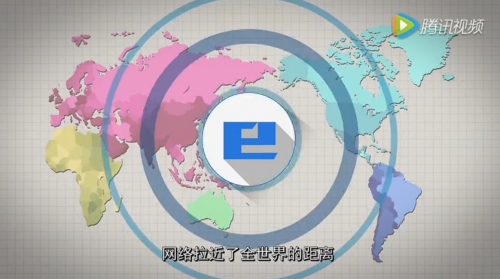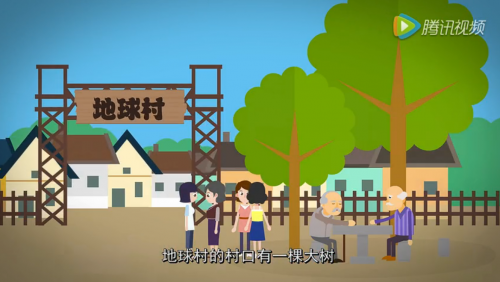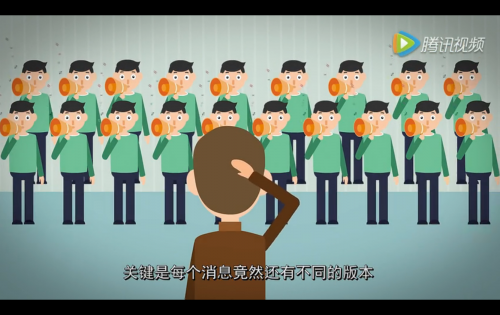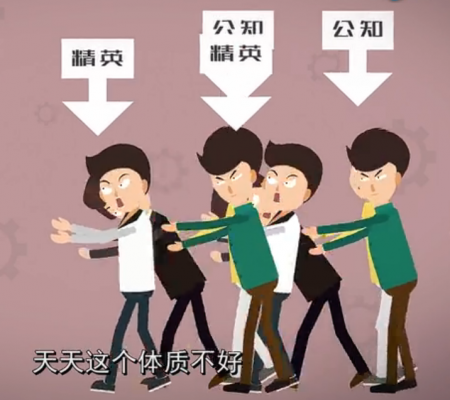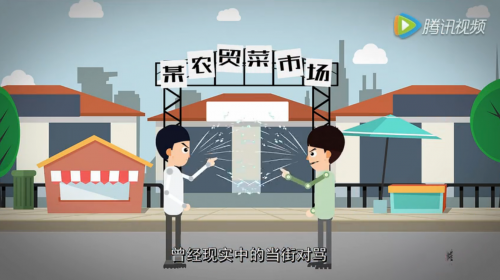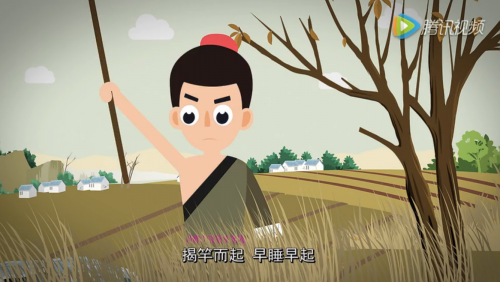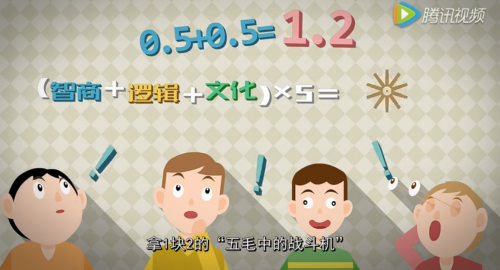“Spreading positive energy,” the idea that China can transform itself through a collective focus on everything that can possibly go right, has become one of President Xi Jinping’s most favoured catchphrases in the arena of information control. The term, to its credit, is almost refreshingly fluid — so unlike the immovable granite of much Communist Party discourse.
Xi Jinping has spoken with some urgency about the Party facing a “new age” of communications and public opinion, challenged by new technologies. And “positive energy,” we might say, is fittingly New Agey.
The Party’s sense of “positive energy,” which can be shared and transmitted with a touch of the fingertip, is progressive and accumulative — as though the nation’s future might be supercharged through the sheer will of a collective sociability that acquiesces to the Party’s status as an unfailing source of national power and prestige.
The more “positive energy” is shared, the better off we all become. A Ponzi scheme of modern propaganda.
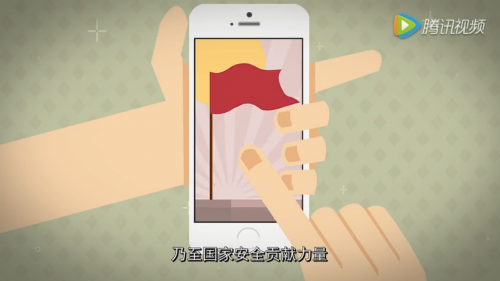
“Positive energy” nicely encapsulates the more playful approach to Party propaganda that has brought us such gems in recent years as a groovy animated band jamming about the 13th Five Year Plan atop a hippie-van emblazoned with “13.5,” a rapid-fire rap song about Party discipline, and, just last month, an animated video in which the president wields a giant club and plays whack-a-mole with corrupt officials popping up across a map of China.
But “positive energy” is also distinct from propaganda catchphrases of the past in the way it dynamically involves all Chinese in a national project of self-control. “Correct guidance of public opinion” is no longer merely a top-down imposition of discipline exercised by commissars in the Central Propaganda Department or the Cyberspace Administration of China. It is, quite literally, in our hands.
“Positive energy” puts the mobile in mobilisation.
Once propaganda controls have been popularised, it logically follows that there is no shame in complicity. Which brings us to a video posted yesterday on the WeChat account of the propaganda department of the Chinese Communist Youth League, the official youth movement of the Chinese Communist Party.
The video, an animation produced by the Youth Micro-Studio (青微工作室), characterises the so-called Bring-Your-Own-Grainers (BYOGs) — online propagandists who work for the interests of the Party and the nation without compensation, unlike the much-despised Fifty-Cent Party — as selfless heroes working to combat the rumours and falsehoods spread by “elites and intellectuals” (portrayed as zombie-like figures who are “constantly complaining about the system”). The BYOGs, says the video, “may not seem noble or fancy, nor do they sound so cool.” But they have nothing to apologise for, and “they glorify in their work to clean up the online environment.”
Our partial translation of the video script follows.
Me and the Engine of My Nation / Let Us Toast the Bring-Your-Own-Grainers, That We May Become Them In Our Next Life!
April 12, 2016 / Chinese Communist Youth League Propaganda Department
The Legend of the Bring-Your-Own-Grainers【自干五传奇】
The internet
is a mysterious place.
Here
you can do business and seek information,
read the news and talk with your friends,
and talk friends into becoming girlfriends.
You can, once you’ve finished your Winter Break homework,
get three or four of your friends together for an online engagement on the battlefield.
You can download a high-resolution version of the Calabash Brothers.
And online you can buy clothes, food and tickets,
or even sanitary pads by the box.
The web has pulled the gaps of the world together.
Therefore,
we talk about our world in the internet era as
a global village.
At the entrance to the global village there grows a large tree.
Beneath the large tree is a patch of shade.
After dinner the people of the neighbourhood —
aunts, grandparents and nephews —
always like to gather here,
chattering about this and that,
sharing the most recent news,
griping about this and that,
offering simple readings of international events.
There is a formal name for that spot of shade.
They call it social media.
What characterises social media is
that everyone can have their say.
1.3 billion people can all put a word in.
If there’s too much information to read it all, just forget it.
The key is that the are many versions of all information,
so we’re all in the fog,
unable to see clearly what’s real and what’s fake,
what’s right and what’s wrong.
The bickering [$%^#$&], the war of words begins from this point.
On this side,
a huge wave of elites and public intellectuals,
spreading rumours to liven things up.
On that side,
a wave of “Fifty Centers” who post and collect their change,
against those American “Five Centers” who post and collect their nickels.
Lips and tongues fighting like guns and swords,
each side polite and cruel at turns.
Professors transform into frightening creatures of myth,
and experts pile on the nonsense.
The bickering that once took place on the street
has now given way to a world of virtual air strikes.
The entire web can truly be called
a place where rumors swarm
and profanities run wild.
But at last
there is a group of people who will stand for it no longer,
a group of people who are resolute,
putting their feet down,
planting their flags,
sleeping early and waking early,
ready to face those public intellectuals and elites
and their swarming rumors
and “battle to the end.”
These people are culturally rich,
meticulous in their logic,
fierce in their fighting strength.
They make the public intellectuals and elites restless with anxiety.
Thereupon,
the [intellectuals], with their shady understanding,
make a “reasonable” conjecture:
that these people must be
paid 1.2 yuan for each post or something.
They must be “the fighter jets of the Fifty-Centers” — or “top-grade Fifty-Centers.”
“Hah? Compensation, you say? What compensation?
Our grain comes from the pockets of our own family!”
And so,
a novel and noble name —
“The Fifty-Centers Who Bring Their Own Grain” —
is born!
As the unbeatable rivals of intellectuals and elites,
The “Bring-Your-Own-Grainers” may not seem noble or fancy,
nor do they sound so cool.
But they don’t care about that.
They despise the Fifty-Centers for taking money at all.
All the more do they despise that “Imperial Army” paid in American cents.
They are proud of their work as Bring-Your-Own-Grainers.
And they glorify in their work to clean up the online environment.
Each of them are different.
They don’t know one another.
But they share these qualities in common:
They love peace, freedom, justice and the world.
They hold the right values, are upstanding — standing for what’s right, not in the “right” group
They are unorganised but disciplined, with ideals and a sense of boundaries.
Let us raise our cups
and toast the Bring-Your-Own-Grainers,
that we may become them in our next life.
For now,
let us begin by moving
our fingers!

